Review: Birds of Prey (and the Fantabulous Emancipation of One Harley Quinn) (2020)
Margot Robbie is a movie star. If that wasn’t already evident from her exceptional work since her breakthrough in 2013’s The Wolf of Wall Street, Birds of Prey (and the Fantabulous Emancipation of Harley Quinn) should put to rest any doubts. She’s got a cinematic magnetism that can’t be taught. Even in a dud like Suicide Squad, Robbie was a highlight as Harley Quinn, girlfriend to the Joker. Luckily, this follow-up to that film is a much more consistent experience, without the jumbled editing or egregious plotting that doomed that film.
Not that Birds of Prey is completely different than Suicide Squad—there’s still more than a touch of a Hot Topic fever dream to the design here—but where Suicide Squad could only pretend to be a fun, easy-going superhero film, Birds of Prey actually is one. It’s got well-choreographed slow-mo beatdowns, Robbie shooting cops with exploding bean-bags full of glitter, and a Bernie Sanders joke. Suffice to say, it’s not your typical superhero film, even if it’s not all that different than, say, Deadpool, or the type of film the early trailers for Suicide Squad promised it would be. It’s irreverent, candy-coloured, and a showcase for the charismatic performers at its centre. It’s another example of the DC Extended Universe letting filmmakers (in this case, primarily director Cathy Yan, writer Christina Hodson, and Robbie, who also produces) do their own thing.
Taking a note from Deadpool, Birds of Prey has a meta approach in which Harley directly talks to the audience and lays out the central conflict: the Joker has dumped her, leaving her vulnerable to all the lowlifes that want to get back at her now that she doesn’t have the Joker’s protection. Primary among these underworld toughs is Roman Sionis a.k.a. Black Mask, played by Ewan McGregor going full camp as the flamboyant crime boss, who hates Harley due to her past indiscretions. As she tries to stay alive, her paths cross with three other women pitted against the world: the assassin Huntress (Mary Elizabeth Winstead), lounge singer Black Canary (Jurnee Smollett-Bell), and hard-boiled cop Renee Montoya (Rosie Perez).
Eventually, these women will be known as the Birds of Prey, an all-female vigilante group, but at the beginning of the film, they’re just individual women trying to get even or stay alive. It’s no spoiler to say they make common cause and their eventual team-up with Harley against the abusive villain Black Mask gives the film its girl-power focus. That set-up may sound cringey in its pop-feminism, but at least the girl-power focus isn’t syrupy or earnest. And Black Mask is set up as more than just a bad guy; he is also a misogynist who delights in punishing and humiliating women—one scene in which he terrorizes a female guest at his club is especially uncomfortable to watch. So seeing him get his desserts is undeniably appealing.
The “girls getting theirs” arc gives the film a conventional skeleton, but it’s deeply weird from scene-to-scene. One moment has Harley gush about her favourite bodega sandwiches, while another shows Huntress struggling to overcome her own insecurities when confronting villains. This kind of approach is genuinely funny and R-rated and doesn’t always go for the easiest pseudo-subversive joke like you’d get in Deadpool, where the film points out how stupid it is while indulging in all those stupid elements at the same time. Perhaps strangest of all is that Birds of Prey seems obsessed with Joel Schumacher’s Batman Forever and Batman and Robin, with the carnival-set finale cribbing design elements and even the canted angles and flashy costumes of Schumacher’s films. The references are part send-up, part-homage, with Yan, production designer K.K. Barrett, and costume designer Erin Benach poking fun at the excess of those past films and their designs, even as they indulge in the outrageous camp on display.
I wasn’t expecting a paean to the much-derided Schumacher in a product coming out of the DCEU, but that’s where we are in 2020, especially in a culture where ’90s nostalgia is at its peak. In the aftermath of the box office disappointment of Justice League, Warner Bros. has wisely taken a film-by-film approach to consistency and tone, letting individual filmmakers indulge their interests if they stick to a general corporate playbook for storytelling and action. That has resulted in the massive financial success of Aquaman, the well-regarded Shazam!, and now Birds of Prey. It’s the ethos that lets Cathy Yan dig into campy, candy-coloured designs and Weird Twitter-inspired tangents if she delivers the fight scenes and progressive messaging that’s seemingly mandated in blockbusters nowadays. It seems like a fair trade off. For however tired some tropes are becoming in modern Hollywood filmmaking, they go down better when served alongside idiosyncratic approaches and an entertaining dollop of camp.
7 out of 10
Birds of Prey (and the Fantabulous Emancipation of One Harley Quinn) a.k.a. Harley Quinn: Birds of Prey (USA, 2020)
Directed by Cathy Yan; written by Christina Hodson, based on characters created by Jordan B. Gorfinkel & Chuck Dixon and by Paul Dini & Bruce Timm; starring Margot Robbie, Mary Elizabeth Winstead, Jurnee Smollett-Bell, Rosie Perez, Chris Messina, Ella Jay Basco, Ali Wong, Ewan McGregor.

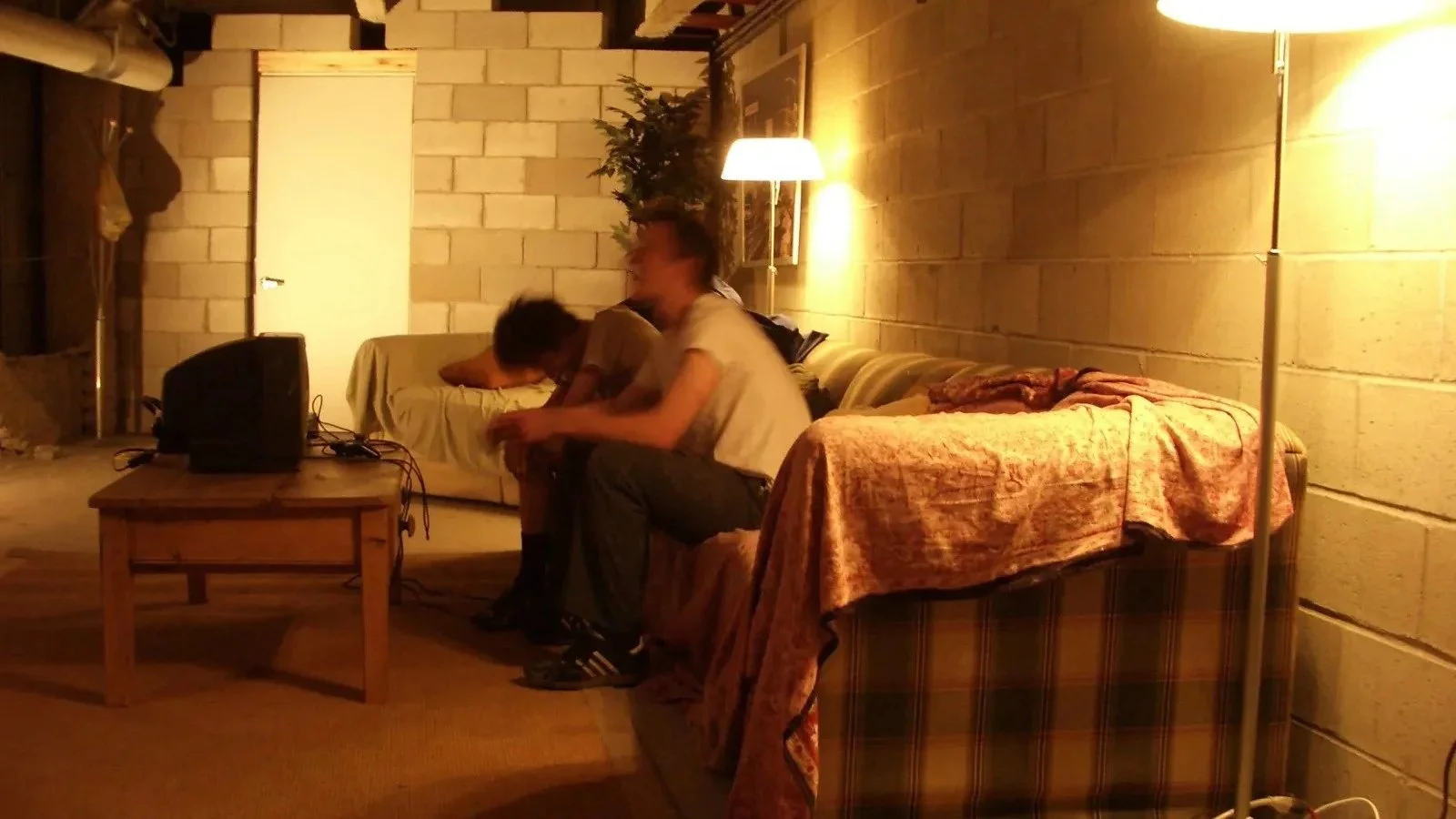
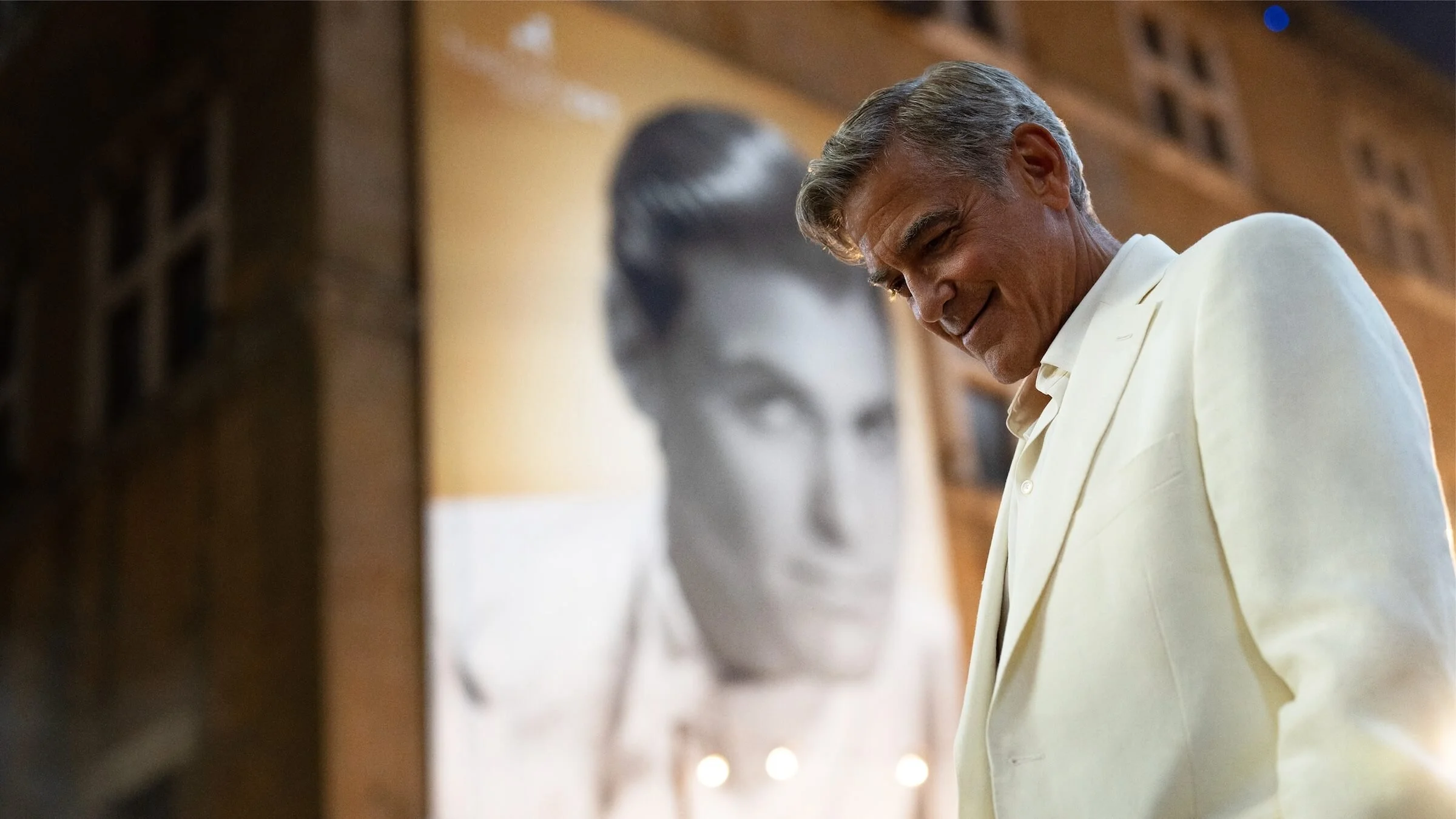
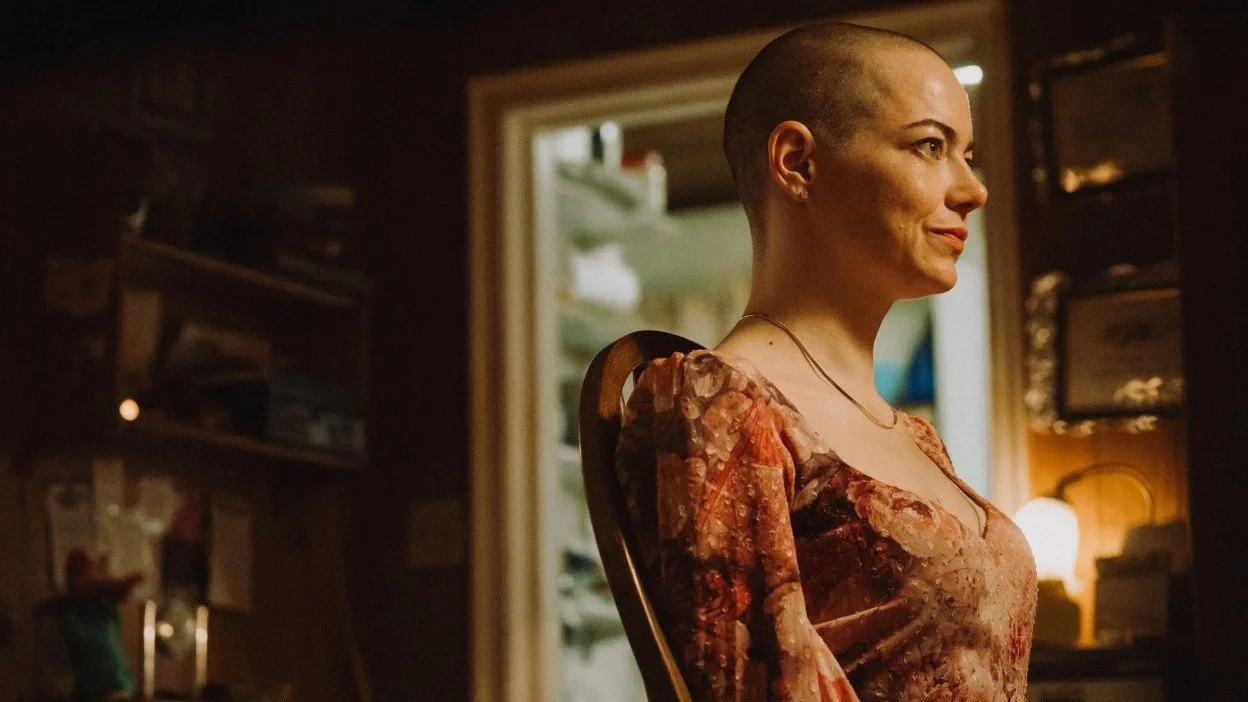
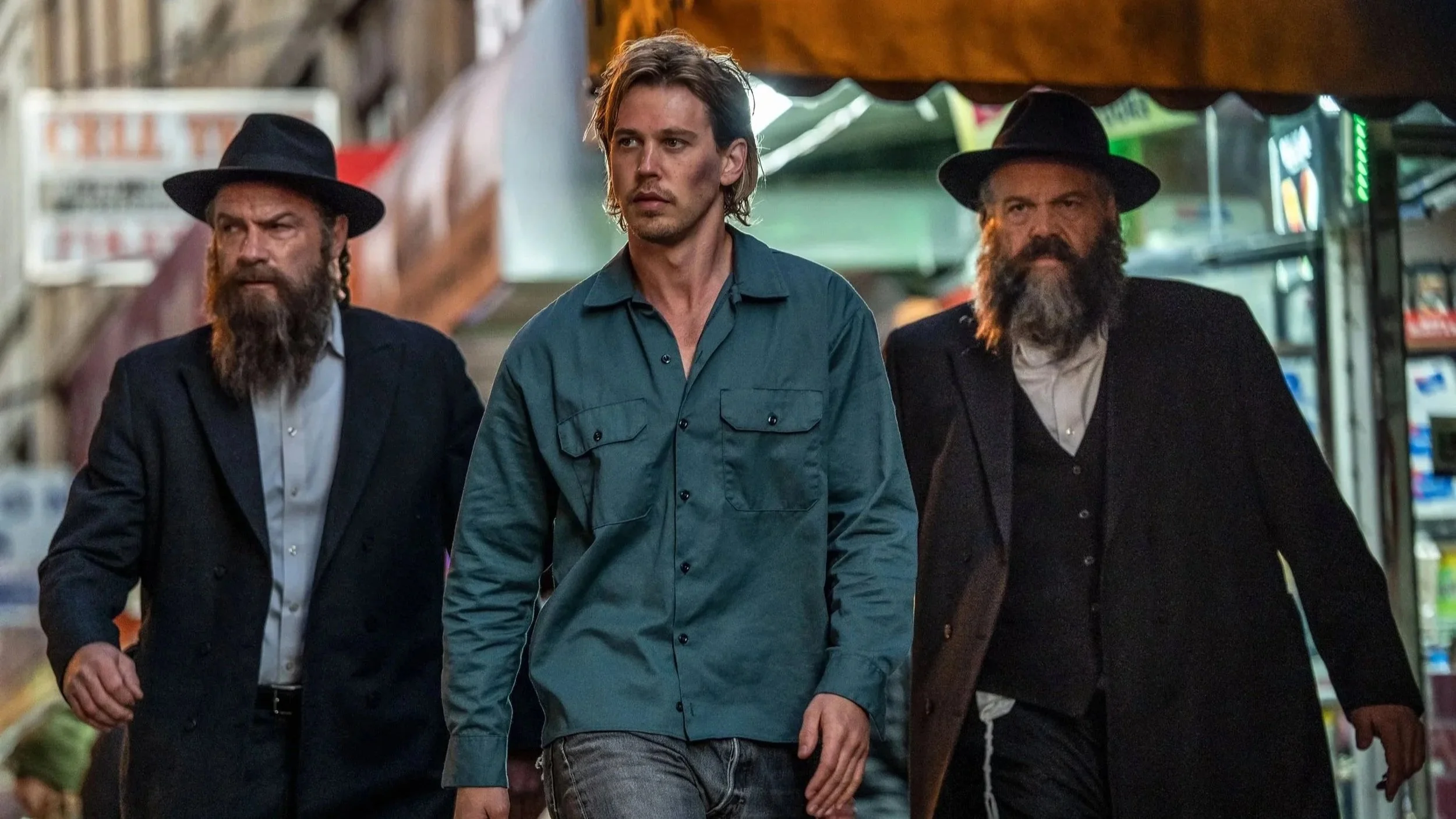
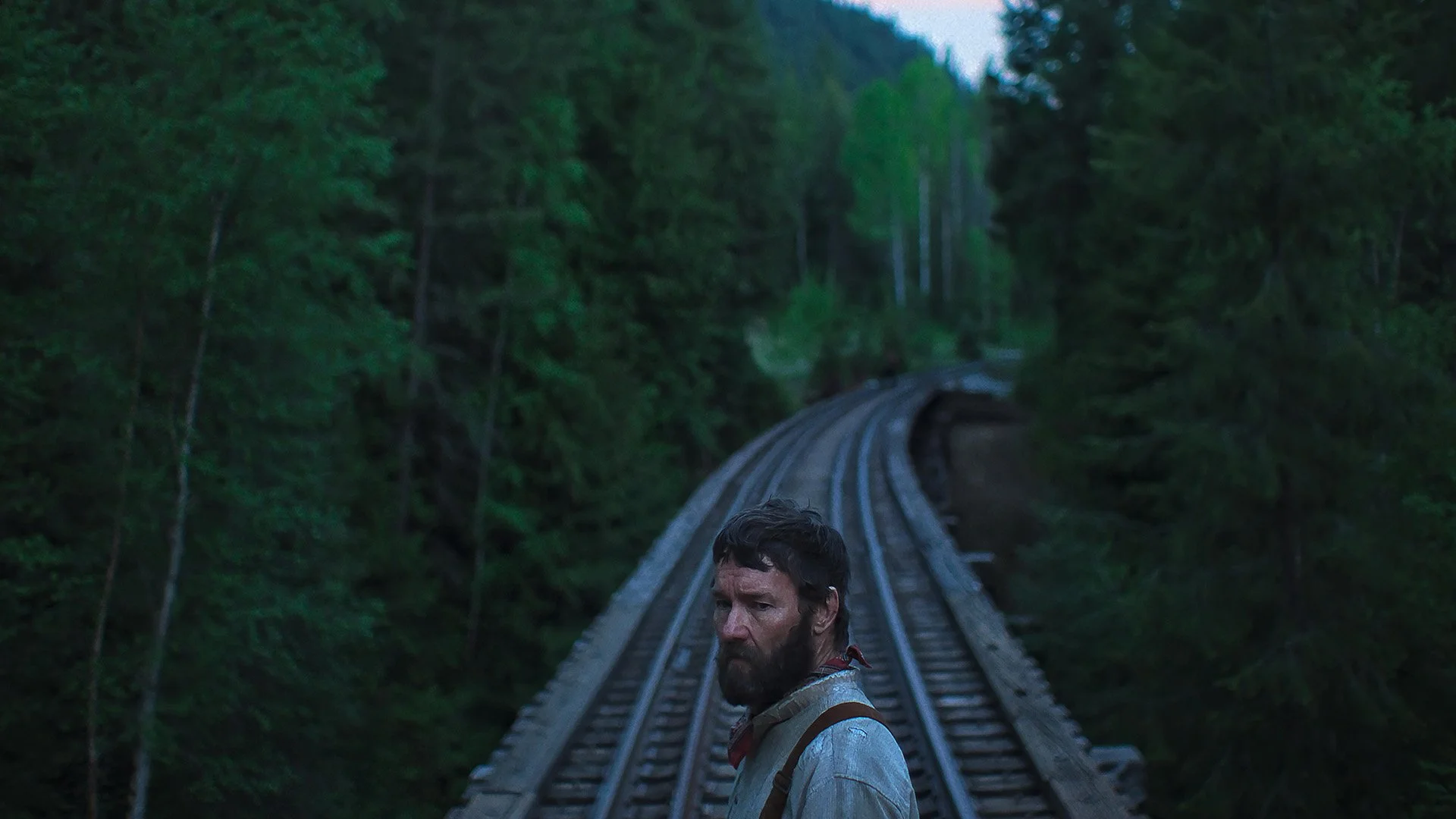
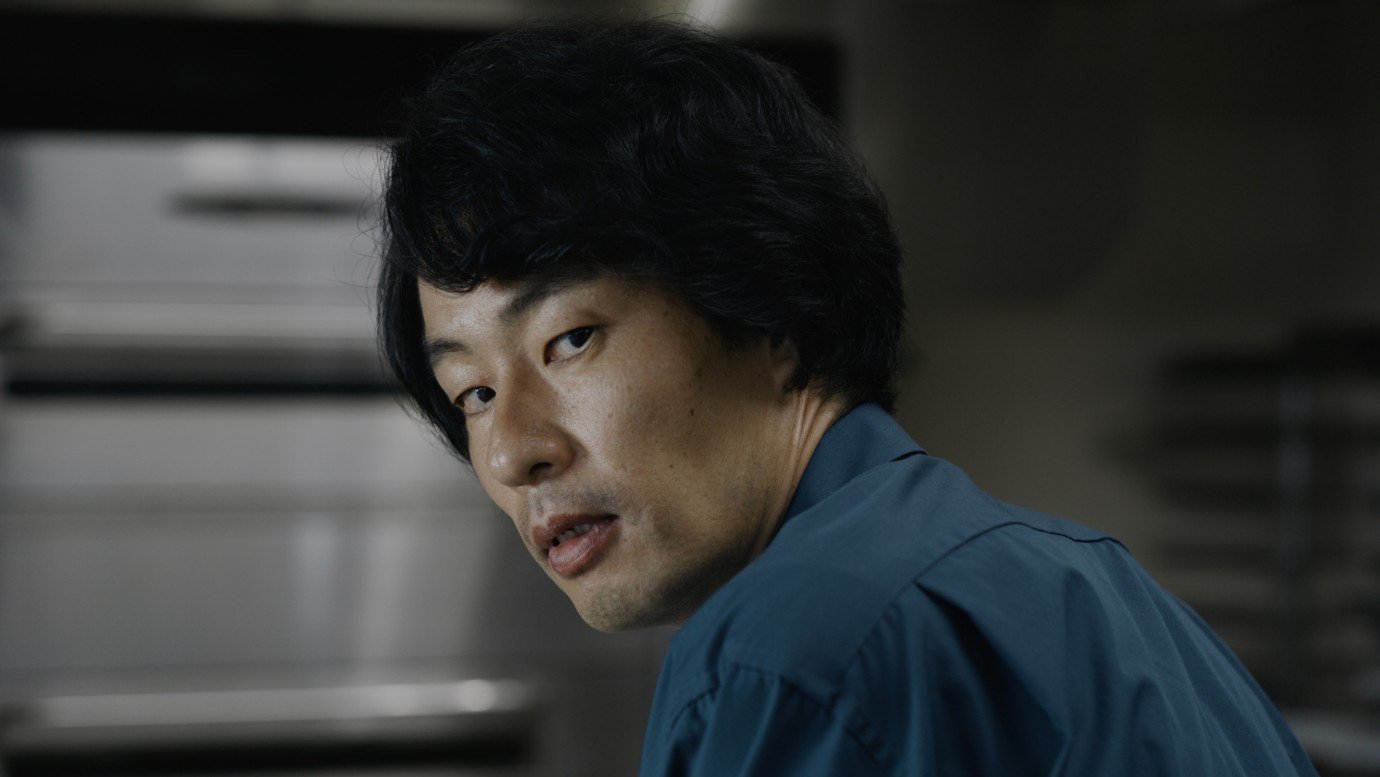
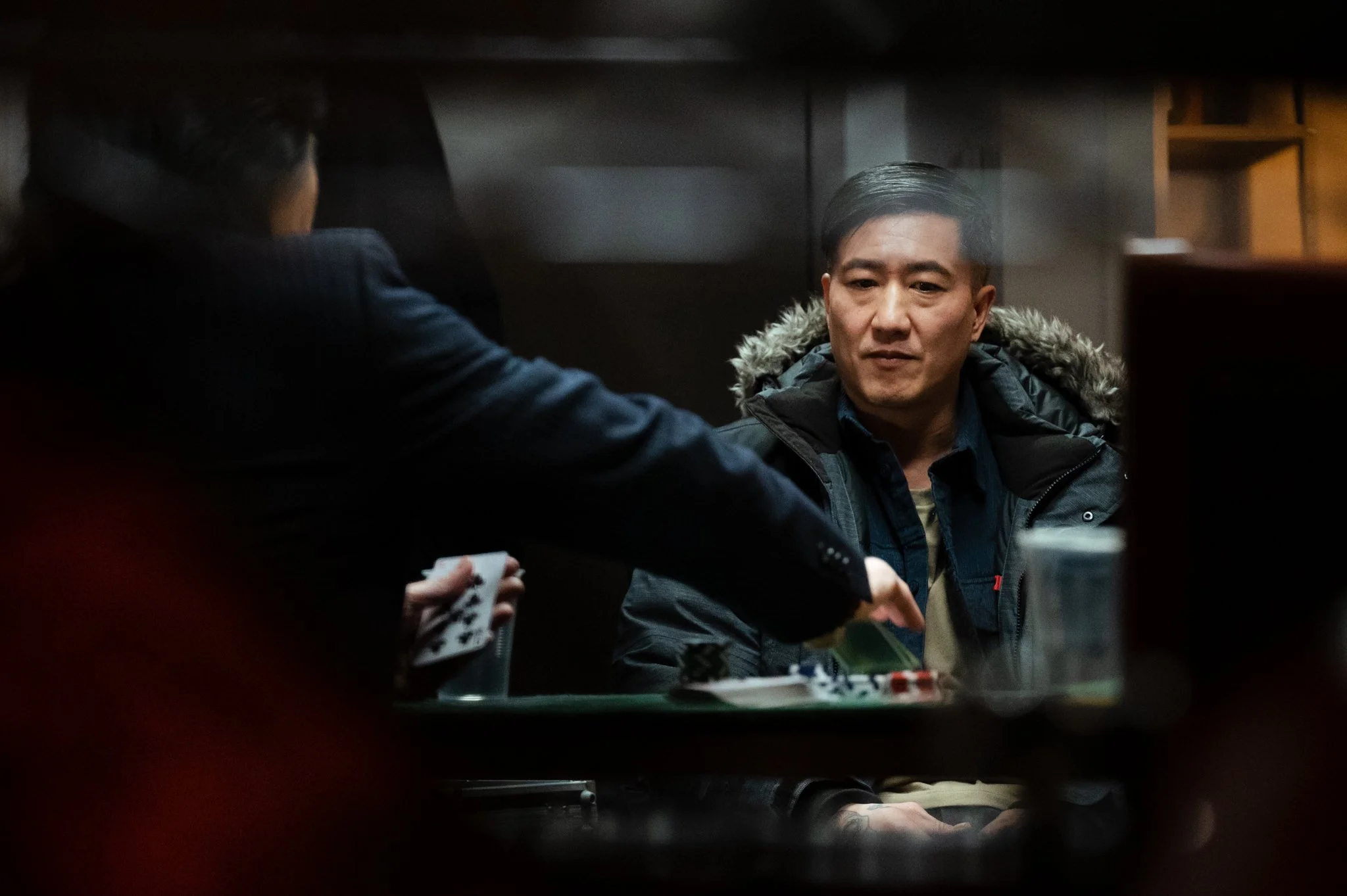


Joe Carnahan’s cop thriller starring Matt Damon and Ben Affleck is an enjoyable whodunnit.